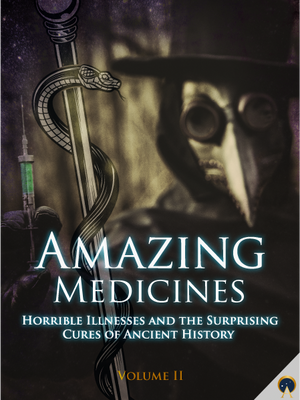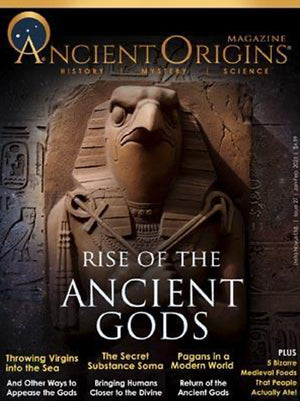
Rome: Decline and Fall, or Drift and Change?
- Regular price
- $17.00
- Sale price
- $17.00
- Regular price
-
- Unit price
- per
-
Product Information
In this webinar, celebrated scholar of Roman history Dr Michael Arnheim delivers a fascinating and robust exploration of the nature and significance of Rome’s fall in the West. Steeped in applications of elite theory to the later Roman Empire, the author discusses several interconnected issues, including monarchy, power structure, social mobility, religion, and the aristocratic ethos.
Dr Arnheim identifies several factors that led to the demise of the Western empire. The morale of the erstwhile invincible Roman army was depleted by the influx of “barbarians” into its ranks. The triumph of Christianity as the sole religion of the Empire by imperial fiat ended eight centuries of religious toleration and freedom of worship and replaced it with the relentless persecution not only of “pagans” and Jews but also of all “heretics” who deviated in the slightest degree from the official Nicene creed. The power of the central government in the West was also to some extent sapped from within by the senatorial aristocracy, who now again occupied high administrative posts while building up their own countervailing local power through the spread of large estates.
Dr Arnheim describes the later Roman Empire as a fractured society rent by divided loyalties, with the result that the imperial government proved unable to withstand the "barbarian" incursions. Except for the aristocratic comeback, which was confined to the West, the same pernicious factors were also found in the Eastern half of the Empire. So, how come the East survived for a thousand years after the fragmentation of the West? In fact, the survival of the East is somewhat exaggerated, as it lost the bulk of its territory to the Muslims in the seventh century, and, with a few blips, its history was generally on a downward trajectory.
Dr Arnheim discusses the Pirenne thesis, the malaria hypothesis, Gibbon’s ‘decline and fall’ theory, and the role played by religion and the rise of the Roman Christian empire. He discusses the transition from the ancient to the medieval world, including discussions of monarchy, Diocletian and his relationship to the aristocracy, and Constantine’s reforms.
Dr Michael Arnheim (or “Doctor Mike”, as he is commonly known), is a practising London Barrister and Sometime Fellow of St John’s College, Cambridge. He has written 23 published books to date, including ‘The God Book’, ‘Aristocracy in Greek Society’, ‘Is Christianity True’, ‘God Without Religion: An Alternative View of Life, the Universe & Everything’, and ‘Two Models of Government’. Dr Arnheim has also written extensively on legal topics, ranging from court procedure to the common law, constitutional law, judicial power and human rights. His latest book is called: Why Rome Fell: Decline and Fall or Drift and Change?
Dr Michael Arnheim started life in South Africa entering Johannesburg’s Witwatersrand University at the age of 16, he took a first-class B.A. in History and Classics at the age of 19, first-class Honours at 20 and an M.A. with distinction at the age of 21. He then went up to St John’s College Cambridge on a scholarship, where he was awarded a Ph.D. in record time, under the title “The Senatorial Aristocracy in the Later Roman Empire”, which was published by the Oxford University Press. He was subsequently elected a Fellow of St John’s College, where he continued to do research and teach Classics, especially Ancient History.
At the age of 31 he was appointed a full Professor and Head of the Department of Classics back at his old university in South Africa. After some years in that position he returned to Britain, where he was called to the Bar by Lincoln’s Inn in 1988 and continues to practice as a London Barrister.






















